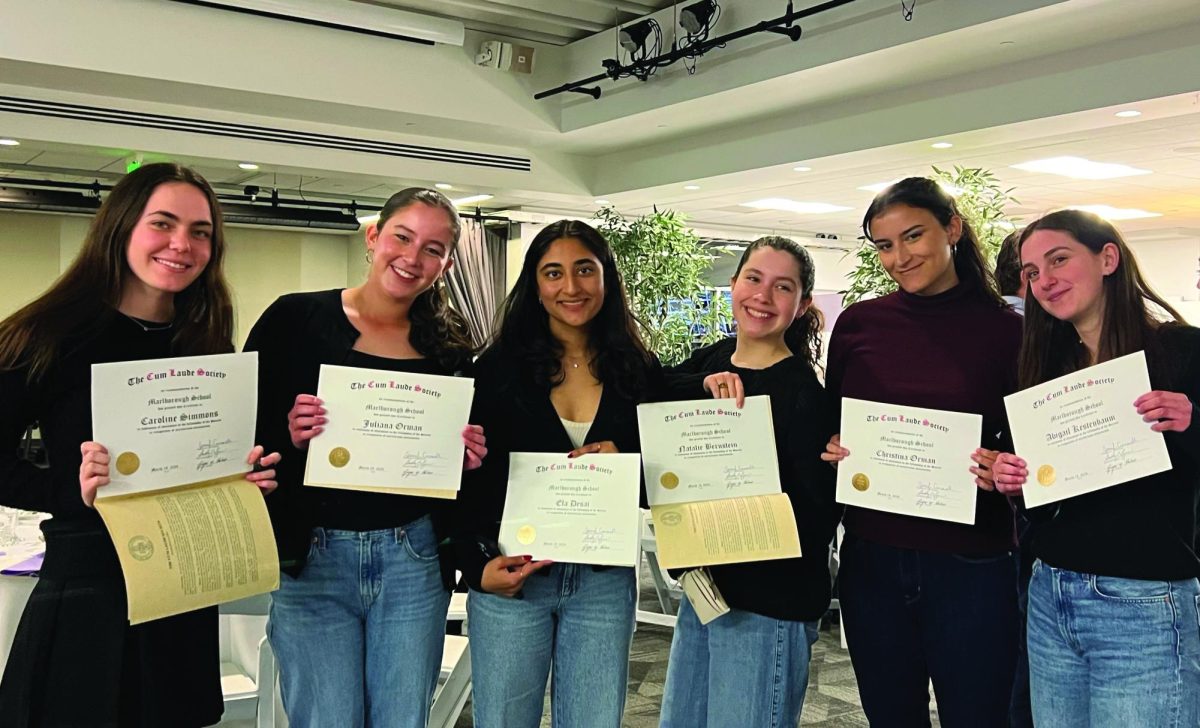
Election Day is approaching us ever so quickly, so it seems fitting to write a column that highlights government. It is important not only to criticize the outcomes of what government can produce but also to question the process in which one acquires power and how one uses it. This way, we move on from blindly praising democracy and scolding communist dreams in the abstract, and see how these systems truly function today.
The first documentary that I want to bring forward is Kids for Cash. Director Robert May uses his keen eye and exquisite story telling skills in this shocking documentary that shines a light on the misconduct and immorality present in certain juvenile courtrooms in the United States. May focuses on Judge Ciavarella Jr. and the three thousand kids he sent to jail for harmless crimes like creating a fake MySpace page or using their grandparents’ credit card “illegally.” Set in Luzerne County, Pennsylvania, this judge played a critical role in building a juvenile detention center where he sent thousands of kids and picked up a finder’s fee for putting the deal together. A finder’s fee is a fee paid by a business to a person or organization for bringing to its attention financial investors. The problem with this finder’s fee is that Ciavarella secretly accepted these, but did not put them in his tax reports, which is unacceptable for those in public office. The documentary attempts to stay as objective as possible by getting in depth interviews from Ciavarella and his accomplice, Judge Michael Conahan. The emotional accounts from the families and kids affected by this failure in the court system portray Ciavarella as a heartless tyrant. The allegations and stories brought forward in this documentary illuminate how unprotected children in United States court systems are.
Next, Mitt gives viewers a backstage peek into the campaign and life of Mitt Romney from 2008 to 2012, when he ultimately lost the oval office to President Barack Obama. Before director Greg Whiteley’s documentary, I knew a little about Romney and the platform he ran on. Scenes like Romney discussing with his family whether to run in the first place, meeting his supporters, and traveling constantly to reach new voters had the successful effect of humanizing Romney and clarifying who he is for viewers like me. This documentary also made me realize how little of the entire campaign machine we see as citizens. The hundreds of campaign centers, thousands of volunteers and enormous cash flow produced from just one election season are astounding. More and more we see each election campaign turning into a Fortune 500 company. This is evident due to the million dollar a night donation dinners and private planes that escort each candidate from one arena to the next. Part of me questions if this is all necessary. The television coverage, multiple debates, town hall meetings and meet-and-greets seem tacky and repetitive. However, returning to a time when candidates won based on how many people knew their name is not close to our idealized form of democracy. This documentary gave me an inside look into a candidate’s mindset and campaign, while surprisingly making Mitt Romney a more appealing human being.
Finally, The Propaganda Game transports us out of the United States’s governing process and into North Korea by investigating how power is used once it is gained. This firsthand account of Director Alvar Longoria’s visit was my first time seeing North Korea as more than our enemy or the homeland of dictators Kim Jong-il and Kim Jong-un. The pristine museums, modern housing and clean streets at first glance seems to portray North Korea as the communist utopia it purports to be. But the lack of people anywhere and extreme loyalty to Kim Jong-un rips a seam in this fantasy and exposes a more dystopian world. Then, the documentary shifts to focus on Alejandra Cao de Benos, who serves as a tour guide and eager guard dog for the state. He is the only Spanish person granted the “honor” of living in North Korea and made it possible for Longoria to film his short trip. Much like other North Koreans, he hates the the West, but at the same time is friendly and excited to show off the country he genuinely loves. As a whole, the documentary sets a strange and creepy tone that mimics the country it recounts and questions the use of absolute power to hold together a nation. All of these documentaries are available on Netflix. And you never know, they might just alter your perspective on government like they did mine.







